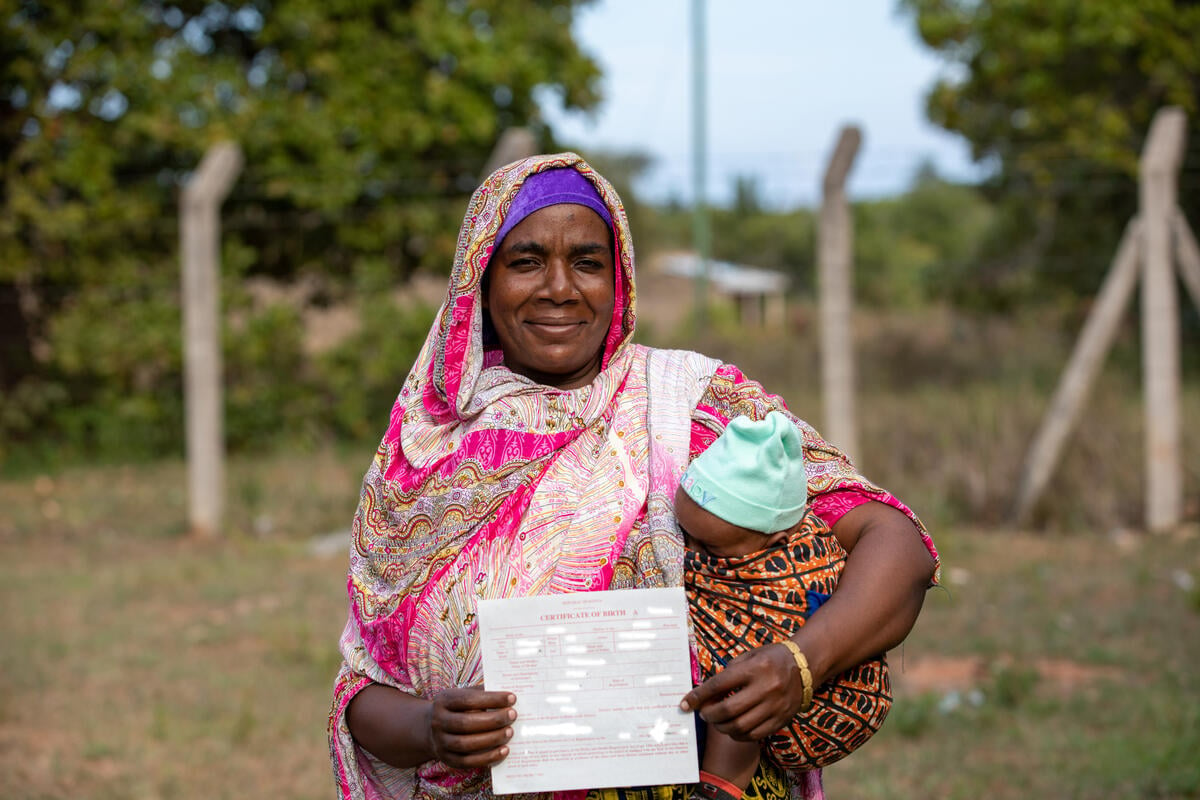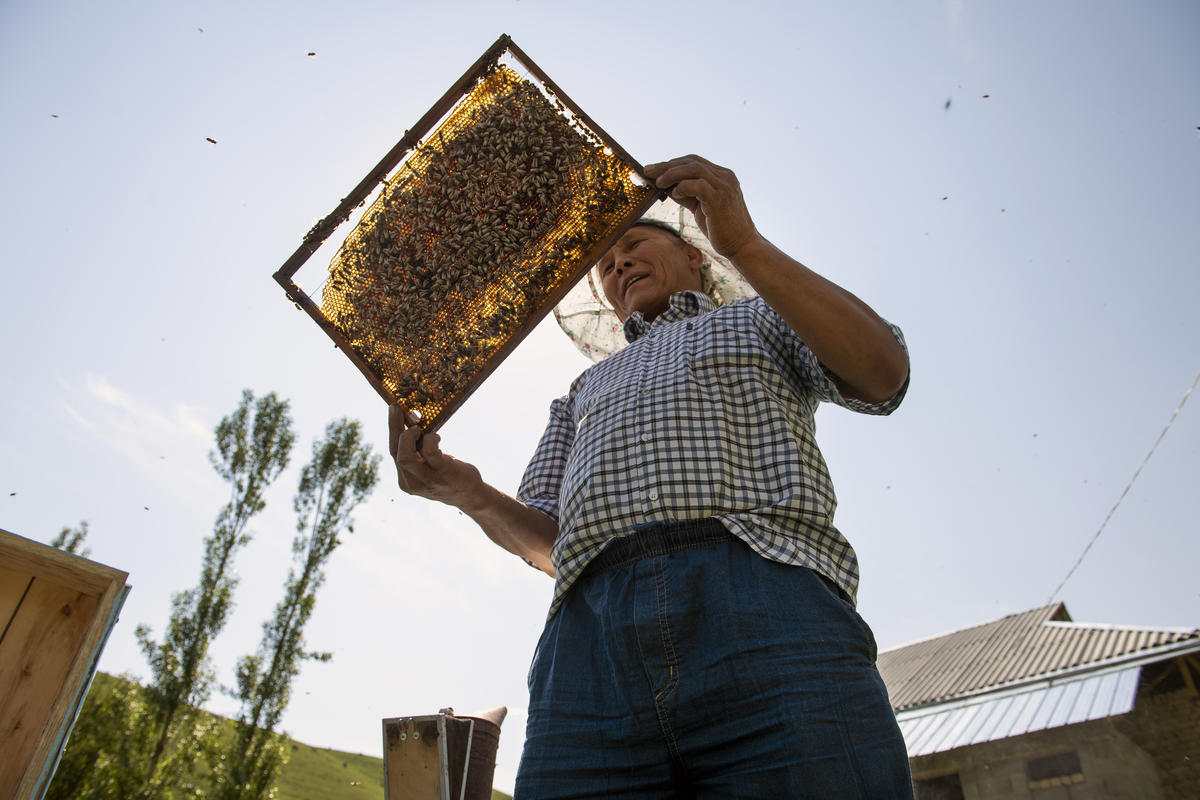UN High Commissioners for Refugees and Human Rights urge Kyrgyzstan not to forcibly return more Uzbek asylum seekers
UN High Commissioners for Refugees and Human Rights urge Kyrgyzstan not to forcibly return more Uzbek asylum seekers
22 June, 2005
GENEVA - United Nations High Commissioner for Human Rights Louise Arbour and High Commissioner for Refugees António Guterres today urged the Kyrgyz government to allow all Uzbek asylum seekers in the country to be properly screened to determine whether or not they are refugees and to ensure their protection under international refugee and human rights law.
The High Commissioners also urged the Government of Uzbekistan to refrain from any action aimed at ensuring the forcible return of Uzbek asylum seekers to their country, including apparently coercing their relatives to plead for their return.
"There are well-founded reasons to believe that asylum seekers in Kyrgyzstan, in particular those currently in detention, may face an imminent risk of grave human rights violations, including torture and extra-judicial and summary executions, if returned to Uzbekistan," High Commissioner Arbour said.
The UN refugee agency said its staff in Kyrgyzstan are monitoring the asylum procedure which is already underway for the main group of some 450 Uzbeks housed in a camp in western Kyrgyzstan. On Tuesday, they were also requested by the Kyrgyz authorities to conduct and complete an asylum procedure for a group of 29 detained men by the end of this week.
The two UN agencies said they had received indications that the group of 29 asylum seekers, recently removed from Sasyk camp, and currently in detention in Osh, may be expelled back to their home country in the near future irrespective of whether or not they are refugees under international law. According to Kyrgyz officials, extradition proceedings for the group, being carried out under bilateral agreements between the two countries, are in the final stages.
"There must be a proper procedure," said Guterres, "not a hasty effort to rubber stamp a politically expedient ending to the current tensions with Uzbekistan."
If the 29 men are indeed refugees, - instead of "criminals" as repeatedly alleged by the Uzbek authorities - then their deportation would be considered refoulement. High Commissioner Guterres recalled that it would be a violation of the 1951 UN Refugee Convention to which Kyrgyzstan is a signatory, and of Kyrgyz national law, to send refugees back to frontiers of territories where their life or freedom would be threatened. The same legal protection also extends to asylum seekers, until the final determination of their refugee claim.
High Commissioner Arbour also stated that it would be against international law, including the Convention against Torture, to send persons back to countries where they may face torture, especially as they are also eyewitnesses to the events in Andijan between 12-14 May, 2005. Kyrgyzstan is also a party to the torture Convention.
The two UN agencies said evidence that the men were "common criminals" rather than refugees fleeing persecution for their political or religious beliefs - or other grounds defined by the 1951 Convention - would need to be examined extremely carefully before they could be excluded from refugee status and returned to their home country.
The High Commissioners reiterated their concern over the fate of four asylum seekers who were forcibly returned to Uzbekistan on 9 June before their claims had been examined. The four had been removed from the Sasyk camp, where they had been housed after fleeing from Uzbekistan in the wake of the violence in Andijan. No international body has succeeded in having access to them since they were handed over to the Uzbek authorities. The High Commissioners called on the Uzbek authorities to allow the international community independent access to these persons in order to assess their condition.
Mrs. Arbour and Mr. Guterres called on the Kyrgyz authorities to ensure that this process is not repeated with the other asylum seekers until a final determination of their refugee claim in accordance with Kyrgyz laws and relevant international standards.









